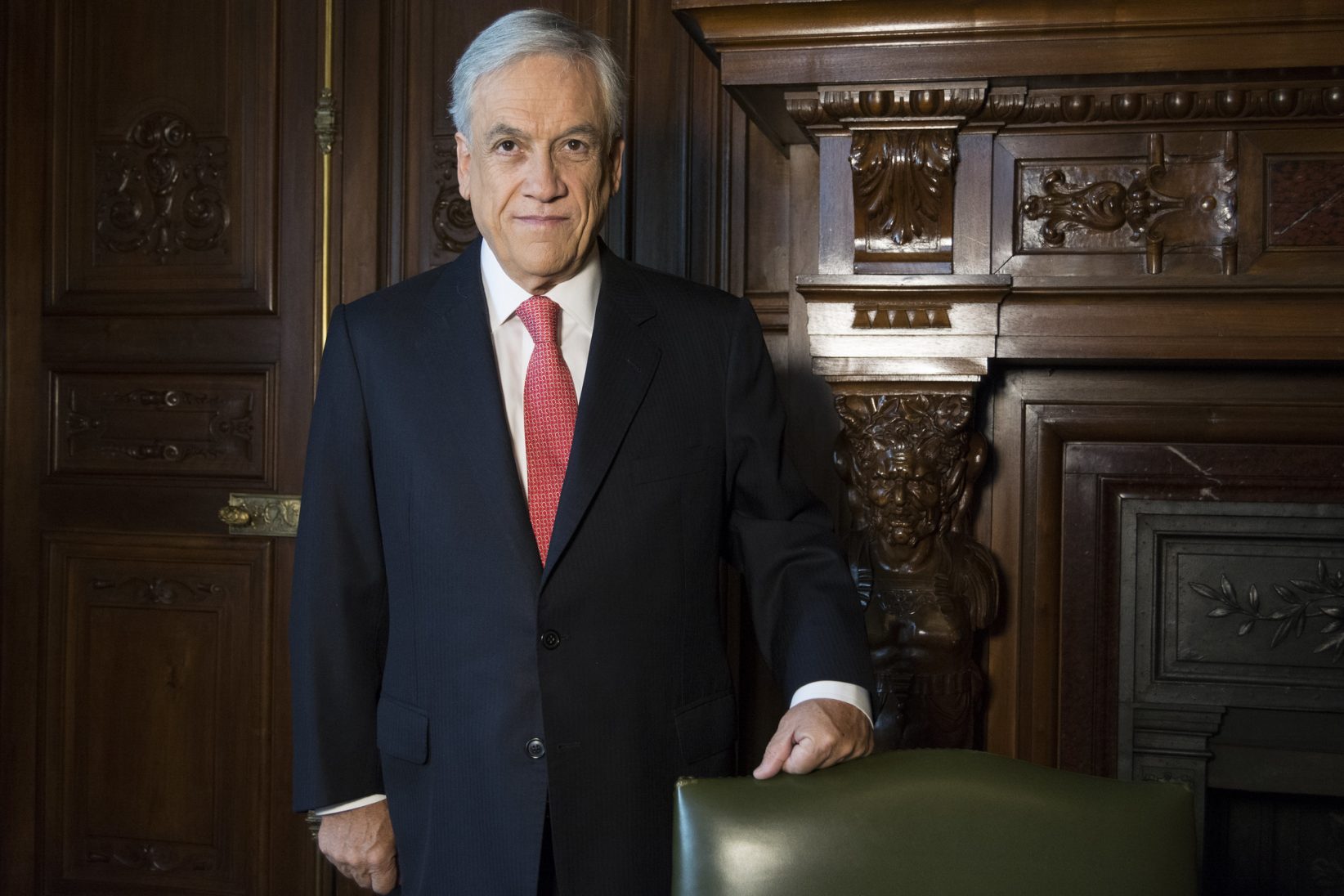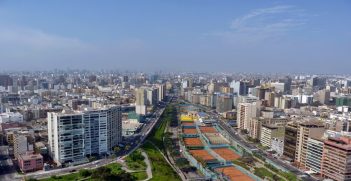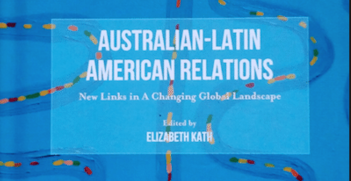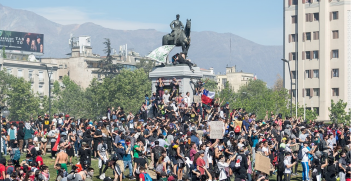Chile Will not Host APEC and COP-25 Amidst Social Uprising

Chile’s refusal to host the APEC and COP-25 summits is indicative of wider systemic issues plaguing the Latin American country.
On 30 October 2019, Chilean President Sebastián Piñera announced that Chile would not host the APEC and COP-25 summits, which were to be held in Santiago in November and December respectively. The reason: to prioritise the solution to the social demands from the population. This is a major blow to Chile’s international reputation and foreign policy, and to the region more broadly, as these events were particularly relevant to developments in Latin America. APEC will probably see important developments in the US-China trade war, and the COP-25 will hopefully see significant commitments made in terms of stopping climate change. Chile’s step down as a host is the last in a series of events that was triggered by an increase in the price of metro tickets.
Chile’s social uprising: causes and government responses
“It is not 30 pesos, it is 30 years.” This phrase summarises the causes of the current social unrest which began after the governments’ announcement of an increase of 30 Chilean pesos (roughly AU 6 cents) in public transport fares in early October 2019. Chile has one of the highest levels of inequality in the world: one percent of the Chilean population possesses 33 percent of the wealth of the country. The origins of this unequal system can be traced back to the Constitution of 1980 and the neoliberal economic policies under the dictatorship of Augusto Pinochet (1973-1989). During that period, basic services such as health, education, pensions, water, transport, electricity and other services were privatised.
This model has not changed since Chile’s return to a democratic government. Under the “Concertación” (1990-2010), Sebastián Piñera’s first term (2010-2014) and Michelle Bachelet’s second term (2014-2018) the privatisation model was actually deepened and expanded. Many pundits and analysts have correctly pointed at inequality as the main cause of the social unrest. However, the problem is not just inequality. It is the privatisation model, and the Constitution of 1980, which has institutionalised inequality and put major pressure on lower- and middle-income Chileans. This explains why the calls for a new constitution, one created democratically with active participation of the population, is one of the main demands.
The social unrest began in early October, when in response to the increase in tariffs, high school students decided to protest by jumping over subway turnstiles rather than paying. They gradually gained popular support. On Friday 18 October, police violently repressed the students, shooting and injuring one. This was a turning point. The social unrest is ongoing after almost two weeks, with protests all over the country. On 25 October, the capital was the theatre of the biggest protest in Chile’s history since the return to democracy in 1990, with more than one million people marching in Santiago alone.
What is the government’s response? To date, Sebastián Piñera’s government has maintained an inflexible stance. The state of emergency and curfew have been lifted. However, after having depicted the country’s situation as one of an internal “war,” then retracting it, the government continues to sanction the actions of the political and military forces repressing the protests. International and domestic monitors of human rights are in the country: Amnesty International has sent observers and documented human rights violations. The National Institute of Human Rights (INDH) has released daily comprehensive reports (one of their observers was shot by the police). Furthermore, the United Nations High Commissioner for Human Rights, Michelle Bachelet, announced that UN observers would be dispatched to Chile to monitor the situation as well, arriving on 30 October 2019.
Some attempts to address the social demands have been made in the offering of a welfare package (“social agenda” in the government’s terms) which includes measures in areas such as pensions and salaries. Yet, the proposal has been deemed insufficient, in that it aims to rectify superficial rather than structural issues. To appease the situation, Piñera reshuffled part of his cabinet, with a dismissal of Andrés Chadwick from the Ministry of Interior as a focal point. The Ministries of Education, Health and Transport, however, retained their highly questionable ministers. This decision was widely criticised and fuelled further social unrest, taking it to new levels of violence on the streets during this week.
What is the opposition’s response? Besides a couple of MPs and mayors requesting the end of government repression, the opposition has not played an active role and have been considered by protesters as a part of the problem. Politicians in general have been held as being part of the “elite.” Chilean deputies earn 9 million pesos per month, roughly AU $18,000, 40 times the minimum wage. In response to the demands of the population, spontaneously expressed on the streets and social media without a clear organisation, some MPs have pushed for a reform that would cut their salaries by 50 percent.
What is next?
End of repression, political responsibility for human rights violations, a new social pact, and a new constitution. These are some of the main demands of the Chilean population on the streets. There are no clear signs that any of these will be addressed by the government at this time. The cancellation of Chile as host of the two international events could suggest that the government does not envisage addressing these issues any time soon. Former Minister of the Interior Andrés Chadwick has been constitutionally accused, and president Piñera could follow. How long can the government delay the situation without providing strong signs of willingness to develop major reforms and a new constitution?
Perhaps not much longer. The most recent Cadem survey reveals that President Piñera has an extremely low approval rating at 13 percent. In sheer contrast, a survey carried out by the University of Chile reveals that 85.5 percent of the Chilean population supports the social movement, 80.3 percent want a new constitution, and 75.7 percent want the latter debated through a constituent assembly. More protests and strikes are planned in what could be a key week.
Diego Leiva is a PhD Candidate at the School of Government and International Relations at Griffith University.
This article is published under a Creative Commons Licence and may be republished with attribution.





